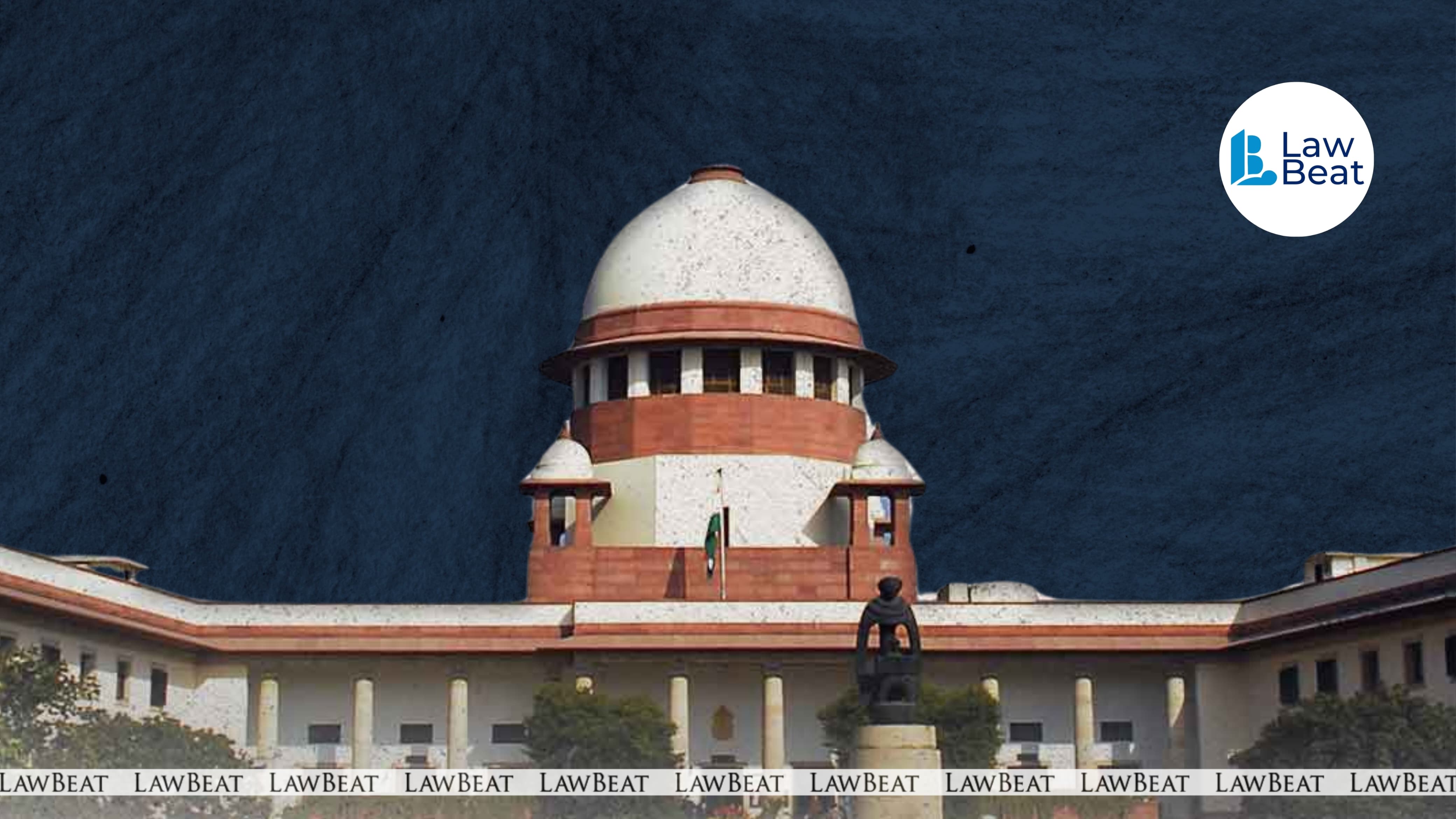SC upholds default bail to journalist in OS Act case

Since the matter is pending before the trial court for framing of charge, the trial court is directed to proceed further with the trial as expeditiously as possible and in accordance with law, court directed
The Supreme Court recently refused to interfere with the default bail granted to journalist Rajeev Sharma, who was arrested under the Official Secrets Act, dismissing the Delhi Police's appeal against the high court's order dated December 4, 2020.
A bench of Justices Bela M Trivedi and Prasanna B Varale examined the issue of whether the term imprisonment for a term "not less than 10 years" in clause(i) of the proviso(a) to Section 167(2) Cr.P.C would include an offence where the punishment of 14 years of imprisonment is prescribed, but no minimum period of imprisonment is prescribed for such offence.
The respondent accused was arrested on September 14, 2020, for the offence punishable under Sections 3, 4, and 5 of the Official Secrets Act, 1923 in a case registered by the Delhi police special cell.
The court noted from the bare reading of the said clause(i) of the proviso(a) to Section 167(2), reveals that the accused would be entitled to the benefit of default bail if the investigation has not been completed in 90 days when it relates to an offence punishable with death, imprisonment for life or imprisonment for a term of not less than ten years and in sixty days when it relates to any other offence.
In the instant case, the bench said, the FIR against the respondent, was registered for the offence punishable under Sections 3,4 and 5 of the Act read with Section 120B of IPC. Section 3 of the said Act though, prescribes a maximum punishment of up to 14 years, there is no minimum punishment provided under the said provision. The punishment prescribed for the offence punishable under Section 5 of the said Act, is maximum up to three years. Since, the investigation was not completed in 60 days, the respondent had become entitled to the default bail under Section 167(2)(a) of Cr.P.C.
"In our opinion, the present case is squarely covered by the majority decision of three judge bench in Rakesh Kumar Paul Vs State of Assam (2017)," the bench opined.
It was then held that if an offence is punishable with imprisonment that may extend up to or beyond or including 10 years, then the period available for completing investigations would be 90 days before the provision for “default bail” kicks in. It was also held, the words “not less than” occurring in clause (i) to proviso (a) of Section 167(2) CrPC (and in other provisions) must be given their natural and obvious meaning, which is to say, not below a minimum threshold and in the case of Section 167 CrPC these words must relate to an offence punishable with a minimum of 10 years' imprisonment.
The court noted the said ratio laid down in Rakesh Kumar Paul had been further followed by the top court in the case of M Ravindran Vs The Intelligence Officer, Directorate of Revenue Intelligence (2020).
"In view of this legal position, which clinches the issue raised in the present appeal, we are of the opinion that the High Court has rightly followed the decisions and released the respondent on bail," the bench said.
The court also pointed that the appeal had been pending before the court for the last four years and the benefit of default bail granted to the respondent - accused by the high court had continued till date.
"We do not find any merit in this Appeal. However, since the matter is pending before the Trial Court for framing of charge, the Trial Court is directed to proceed further with the trial as expeditiously as possible and in accordance with law," the bench said.
Case Title: State (NCT) of Delhi Vs Rajeev Sharma
